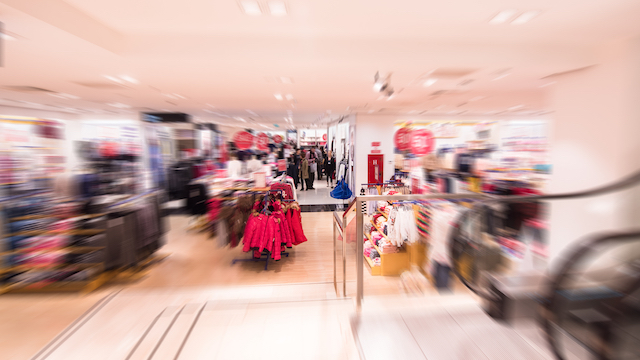The coronavirus pandemic has slowed progress on sustainability issues in the retail industry, says GlobalData analyst Emily Salter.
While sustainability was a buzz word last year and set to be a key focus of retailers through 2020, progress has now all but halted, says Salter.
“Making changes to materials, logistics and production processes to improve the sustainability of products and operations will slow, as sustainability is no longer top of retailers’ and consumers’ agendas. This is due to long-term adjustments being costly and many non-food retailers will be financially unstable as they emerge from this crisis after a significant period of low or no sales,” she explains.
Before the coronavirus pandemic brought retail to a standstill in most countries around the world, there were clear signs shopping habits were changing. For example, a survey undertaken in the UK last year showed 74 per cent of consumers would prefer to shop at a supermarket that had more loose fruit and vegetables than packed. However, nowadays, people are seeking security and safety and there are signs shoppers prefer produce to be wrapped.
There has also been a dramatic increase in sales of hand sanitisers and anti-bacterial gel in plastic bottles. Salter says consumers are showing little regard for plastic-free alternatives or refills.
“Sustainability and single-use plastic will be less important to many consumers in the short term where hygiene and cleanliness is more of a priority to prevent the spread of the virus.
“Another issue is the problem of unsold stock that retailers will be stuck with, as all non-essential stores and some websites have ceased trading temporarily,” she says.
“Some items and ranges may be able to be sold at a later date, but this may not be the case for highly seasonal and trend-led pieces, raising questions about how these items will be disposed of.
“Given Burberry came under fire for burning stock in 2018, retailers must be careful how they deal with this issue.”
Accessories label Kurt Geiger took the initiative to donate some of its surplus stock to National Health Service staff excess, which reduced inventory and generated positive media exposure.
“Although sustainability will slowly become more important again once the spread of Covid-19 has ceased, the increased awareness of cleanliness and germs is likely to remain at the forefront of shoppers’ minds and will continue to hinder the growth of sustainability initiatives, such as refill stores,” Salter concludes.






